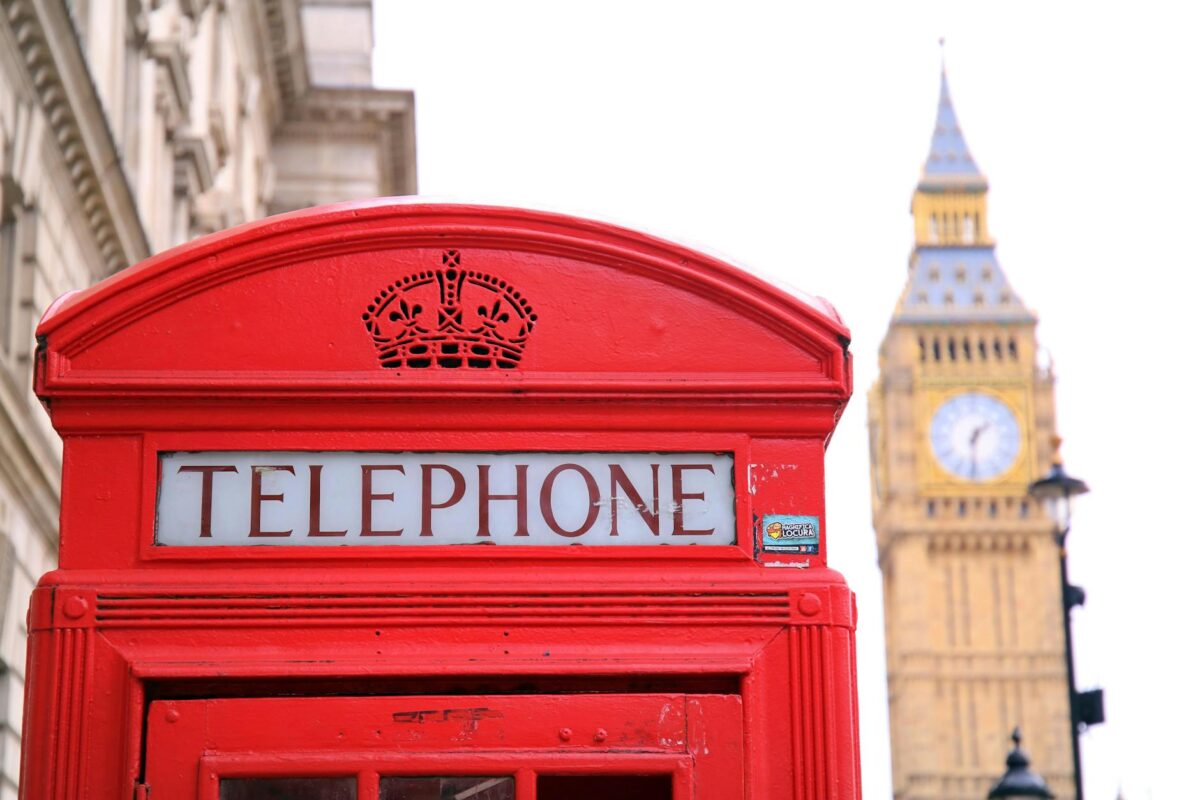The discussion surrounding English identity has become increasingly prominent in recent times, driven by a confluence of cultural, political, and social factors. As many voices enter the fray, the debate reveals a landscape of varying perspectives and concerns about what it means to be English in today’s society.
Migration and Cultural Identity
At the heart of this debate is the issue of migration and its perceived impact on English identity. Figures like Robert Jenrick, a key player in the Tory leadership contest, have voiced concerns that English identity is under threat. He argues that mass immigration, coupled with what he characterizes as “woke culture,” poses significant challenges to societal cohesion. Through this lens, Jenrick paints a picture of an English culture facing dilution—a narrative echoed across various platforms.
Social media has amplified these concerns, with users sharing their perspectives on how immigration policies and cultural shifts might lead to either the erosion or transformation of English identity. Some fear that their traditions and values are being undermined, while others argue that cultural identity is naturally fluid, adapting over time to embrace new influences.
The Role of Political and Cultural Elites
The conversation takes a deeper turn when considering the role of the political and cultural elite. Jenrick’s commentary sheds light on a common sentiment that the “metropolitan establishment” is dismissive or neglectful of English nationalism, often vocal only during events like sporting competitions. This standpoint resonates among social media users, who feel that their national identity is undervalued or intentionally sidelined by those in power.
Such perspectives highlight the tension between various societal groups and illustrate a broader anxiety that traditional English nationalism is being systematically undermined by progressive ideologies and political decisions.
Public Sentiment and Diverging Opinions
The ongoing dialogue around English identity is rich with contrasting opinions. Views on platforms like X (formerly Twitter) reveal a spectrum of beliefs:
- Some individuals echo Jenrick’s concerns, believing that the essence of English identity is being eroded by multicultural policies and global influences.
- Others assert that English identity is evolving rather than disappearing. They argue that the real threats to this identity may stem from socio-political factors, such as austerity measures and Brexit, rather than the multicultural landscape itself.
This dichotomy underscores a compelling narrative: the struggle between preserving cultural heritage and embracing the natural evolution of identity in a multicultural society.
Historical Context and Academic Perspectives
To truly understand the current discourse on English identity, one must consider its historical context. The identity has always been in flux—shaped over centuries by invasions, migrations, and cultural amalgamations. The fear of losing a defined English identity today can be seen as a reaction to the rapid demographic shifts witnessed in recent decades, influenced by globalization and migration.
Academically, many studies indicate that the notion of identity is complex and multifaceted. It is not merely rooted in ethnicity or culture but also encompasses shared experiences and narratives. The challenge lies in balancing historical pride with contemporary realities.
Diverse Views on Identity
This debate showcases a divide in perceptions of what English identity truly represents. For some, it is a cultural and ethnic heritage worthy of protection; for others, it embodies inclusivity and adaptability, capable of integrating fresh influences while retaining its core essence. This dynamic is evident in the varied reactions on social media, where identity is framed both as something under threat and as a living, evolving entity.
Conclusion
The discourse surrounding English identity encapsulates pressing concerns about cultural preservation versus the natural evolution of identity in a globalized, multicultural society. It transcends mere cultural or ethnic definitions, touching upon critical political, social, and economic policies shaping how this identity is constructed, preserved, or transformed in contemporary Britain.
As we continue to engage in this vital conversation, let’s encourage open dialogue—embracing diversity and recognizing that our identities are often more complex and intertwined than we may realize.

